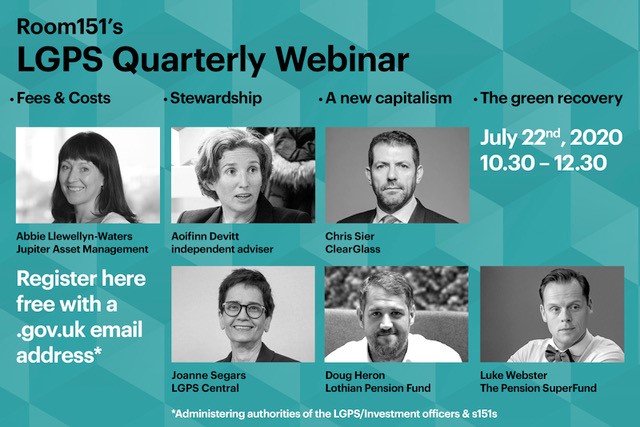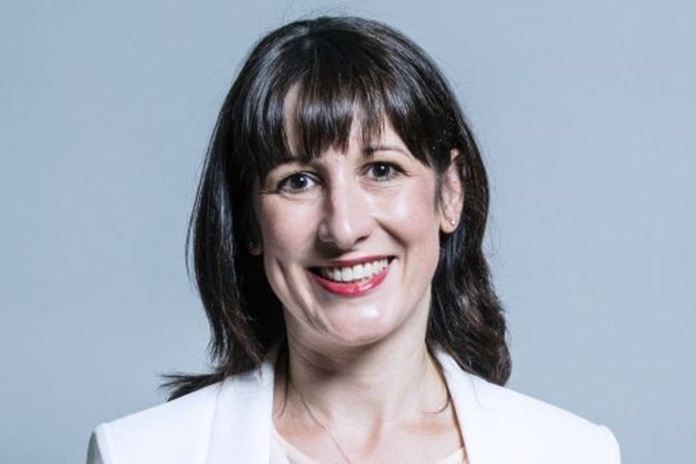
Covid-19 has taken local government to the brink. Andrew Hardingham surveys the epic workload brought on by the pandemic and shows how local government has not only survived but demonstrated its resilience.
In finance, everything that is agreeable is unsound and everything that is sound is disagreeable. – Winston Churchill
Towards the end of March, my thoughts normally start turning towards the end of the financial year. This year, however, my mind was starting to focus on post-balance sheet events. Namely investment in leisure options and this was also going to be the end of my time working in and around local government.
Enter Covid-19. No forecast would have envisaged the world being caught up in the throes of a pandemic. ‘“Unprecedented,” was a word endlessly repeated. It was certainly something none of us had ever seen before. Dreams and aspirations of so many were shattered.
The daily tally documented the illness, suffering and, in far too many cases, the end of life. Winston Churchill’s quote seemed to apply to me particularly at this “end stage” of a long career in local government: “The farther backward you can look, the farther forward you are likely to see.” So, let me look forward and share a little insight.
Virtual world
Our accounting and finance world was thrown into chaos. Offices were closed. Instructions issued that, if possible, we were to work from home. Suddenly, we had to grapple with MS Teams and a new language developed. Phrases such as, “you are on mute”, “move your mouth piece down”, “use the chat bar” or “do you mean to have your hand still raised,” have become the norm.

We no longer met with real people. We sat staring at screens of various sizes trying to make eye contact with our colleagues endlessly having to repeat themselves when the “world” becomes frozen. The positives: travel costs have been slashed; expense claims stopped overnight. How many FD’s thought of the “budget savings” then reality struck.
So, what is life like as an FD right now? How has our world changed? What are we doing that maybe we hadn’t done before? Here’s an ecample.
The week starts with a “Gold Command” meeting, (strategic objective: Preserve life and limit harm to people of Plymouth; keep services open as long as possible whilst minimising risk to staff; support the local economy and provide visible and proactive community leadership) with a quick review of the previous week’s events. They included an update on shielding; plans for safe systems of work (have we got PPE acquisition and distribution under control?); public health priorities for the forth coming week; plans for the city centre reopening, (not to mention the toilet plan); and an assessment of the financial situation.
The rest of the morning is taken up with Skype or Teams meetings with key staff and managers. There is an ongoing review on the progress of implementing the government’s small business and retail grant scheme.
Though we received a letter from the minister on 24 March confirming the announcement of the scheme, and made our first payment on 1 April, the question is still asked: Where are we in the league table? The news is to be tweeted by the Leader. Suddenly it seems the responsibility for business survival is laid at our council’s door. The message is, “contact your local authority”. They did. We paid.
Transformation
As the council’s finance director, I was immensely proud of the way staff stepped up to deliver the government’s scheme in an amazingly short period of time. Staff, who were used to collecting business rates and implementing recovery actions for non-payers, were transformed overnight into a cohort setting up a system from scratch to pay grants to businesses.
Within a matter of days, an online system was created to collect data. Processes were put in place to validate legitimacy and entitlement. Payment mechanisms were devised. Files created. Anti-fraud checks established and payments made to businesses. Across the nation, people in other councils were also going above and beyond too.
Then a second discretionary scheme was announced. This felt like the most “non-discretionary” scheme I have ever been involved in. However, within a month, a scheme was established, applications invited, checks performed and all the grants paid out.
Checklists & audit
It was then the government sent us all the compliance checklist along with a whole inbox of forms to fill in (does anyone else baulk at getting a government email late on a Friday afternoon expecting an intricate reply by Wednesday?). We await the new burdens’ grant for administering their scheme which, at the time of writing, has not been sent.
The afternoons and early evenings were taken up with meetings with elected members to review budget plans and trying to work out how we are going to survive.
The following day’s focus turned to audit matters. Bearing in mind time is a precious commodity, we were asked to fill in a “going concern” questionnaire, one of the most ridiculous requests when the whole of local government finance was in melt down.
How many ways could we say, “We haven’t got enough money”? Income streams were turned off overnight. The government announced no one will be evicted if they don’t pay rent. So, nobody pays rent. City centres closed. People were only allowed to drive their cars for essential journeys, therefore, pay and display machines stood tall like scarecrows warding off the unwanted public, no money taken. Analysts model budget scenarios. Whichever way they look at it…no money!
Later in the week the corporate management team meet to discuss public health matters and review business cases for service redesign giving both financial and climate benefits.
Finance needed to know what they give the council in terms of additional income or savings options. We agreed changes to the council tax support scheme. We changed payment profiles allowing deferrals of rates and council tax payments. We reviewed the leisure contract asking, whether the supplier was at risk? Should, or shouldn’t, we pay the supplier to ensure service continuity after the Covid-19 outbreak; where do we stand in terms of the contract; what does the “PPN supplier relief due to Covid-19” guidance suggest?
I set the team to work to review the things we do in finance: Check the MRP calculations; review the bad debt provisions; capitalisation options; could we swap grants out; check tax collection PI data; and, of course, complete the plethora of government returns.
Promises
Being positive, we cling on to the letter from Rt Hon. Robert Jenrick MP, the communicates minister, who wrote on 20 March that the government will meet our costs.
We try to work out what that means. We realise we don’t know what that means. A subsequent letter on 2 July reveals we are to get 75% of income losses after the first 5% but nothing to help us with lost rent of even leisure.
We add the numbers, (desperately hoping that they do add up and 114 doesn’t feature in the conclusion). We model scenarios. We get to the end of the week. And, guess what? We do it all again the following week.
Darkest hours
So, what conclusions do I draw? Local government takes what is thrown at us and delivers. Our funding was in serious crisis long before coronavirus struck. However, we have mostly proved our worth using grassroots knowledge and being creative in getting the money out there with appropriate checks and balances in place.
Our staff, many of whom have had to adapt to new working practices and technologies, have been under pressure yet still produced the “goods”. The fair funding review has dragged on and on. The social care green paper is nowhere to be seen. There is now utter confusion over the rating system. More than 50% of our billed business rates is now paid via S31 grants. Revenue support grant is on the way out to be replaced by a “grant” to replace rates.
Local government finance directors have a duty to report on the robustness of budgets and the adequacy of reserves. How things have changed in a such a short space of time. In February we were signing off budgets as robust; in April we were calling for top-up funding as the country closed down, costs built up, income evaporated and our investment strategies imploded.
Finally, I am reminded of the quote: “It is only in our darkest hours that we may discover the true strength of the brilliant light within ourselves that can never, ever, be dimmed.”
Local government finance directors have that strength, we will bounce back—local government always does—and we will continue to lead our teams through these tough times.
Andrew Hardingham is service director for finance, Plymouth City Council.
FREE monthly and weekly newsletters
Subscribe to Room151 Newsletters
Monthly Online Treasury Briefing
Sign up here with a .gov.uk email address
Room151 Webinars
Visit the Room151 channel












